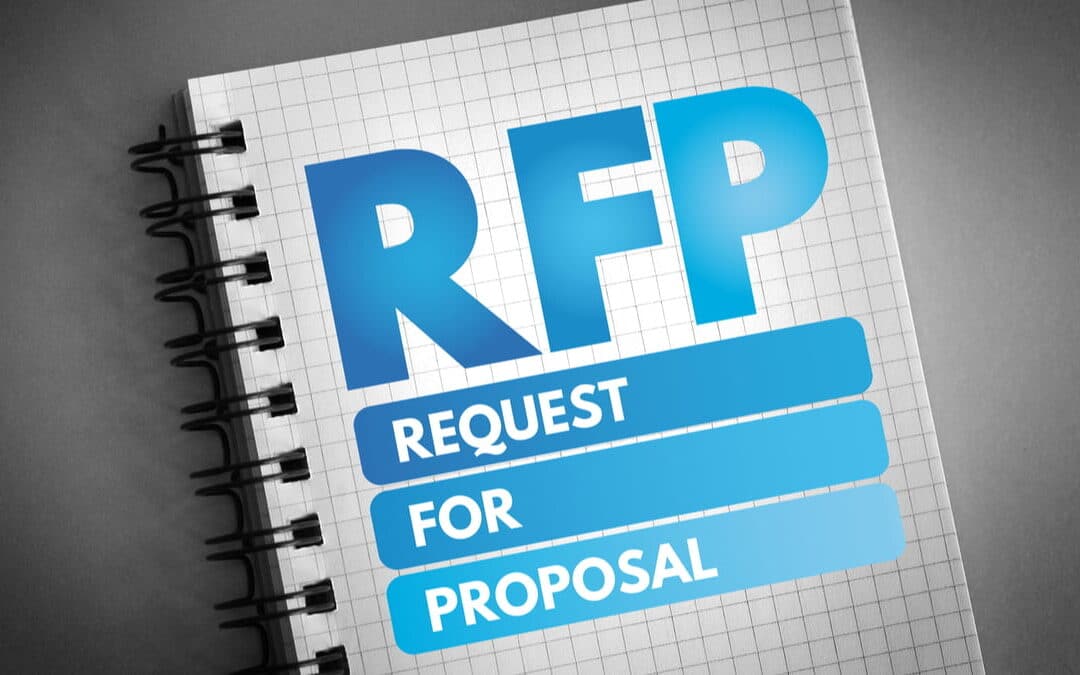Development of a Government-Wide Digital Services Standards Library and Website Standardization Framework: Request for Proposals
The Ministry of Technology in Saint Christopher and Nevis has embarked on a significant initiative to modernize and standardize its digital services across all government agencies. This initiative, spearheaded by the Digital Transformation Management Unit, aims to create a cohesive and user-friendly online experience for citizens and businesses interacting with the government. Central to this effort is the development of a comprehensive “Whole-of-Government Digital Services Standards Library” and a “Website Standardization Framework.” This project signifies a crucial step towards achieving a fully integrated and efficient digital government, reflecting a global trend towards leveraging technology to enhance public services. The call for proposals signifies the government’s commitment to collaborating with experts and innovators in the field to build a robust and future-proof digital infrastructure.
The proposed “Whole-of-Government Digital Services Standards Library” will serve as a central repository of best practices, guidelines, and technical specifications for all government websites and digital services. This library will ensure consistency in design, functionality, accessibility, and security across all government online platforms. It will define standards for content management, user interface design, data security, and interoperability, promoting a seamless experience for users regardless of the specific agency they are interacting with. This unified approach will streamline government operations, reduce redundancies, and facilitate information sharing among different government bodies. By adhering to established standards, the government can also ensure that its digital services are accessible to all citizens, including those with disabilities, promoting inclusivity and equitable access to information and services.
Complementing the Standards Library is the “Website Standardization Framework,” which will provide a practical blueprint for implementing the standards across all government websites. This framework will outline specific technical requirements, design principles, and implementation guidelines. It will address issues such as website architecture, content organization, navigation, search functionality, and mobile responsiveness. The framework will also incorporate security protocols to protect sensitive government data and ensure the integrity of online transactions. By providing a clear roadmap for website development and maintenance, the framework will empower government agencies to create and manage their online presence effectively and efficiently. This standardized approach will also simplify the process of integrating new technologies and adapting to evolving digital landscape, ensuring long-term sustainability and scalability.
The implementation of these two crucial components, the Standards Library and the Website Standardization Framework, is expected to yield numerous benefits for both the government and its citizens. For the government, it will lead to increased efficiency, reduced costs, improved interoperability between agencies, enhanced security, and greater transparency. Standardization will simplify the process of developing and maintaining digital services, freeing up resources for other critical initiatives. It will also facilitate data sharing and collaboration between government agencies, enabling more effective policymaking and service delivery. For citizens, the project promises a more user-friendly, accessible, and reliable online experience. It will simplify the process of accessing government information and services, reducing the need for in-person visits and paperwork. This enhanced accessibility will empower citizens to engage more effectively with the government, fostering greater transparency and accountability.
The call for proposals underscores the government’s commitment to a collaborative approach to digital transformation. By engaging with external experts and leveraging their expertise, the government aims to create a world-class digital infrastructure that meets the needs of its citizens and businesses. The proposal process will ensure that the chosen solution is innovative, cost-effective, and sustainable. The government is seeking partners who can not only develop and implement the Standards Library and Website Standardization Framework but also provide ongoing support and maintenance. This collaborative approach will ensure that the project remains aligned with the evolving digital landscape and continues to deliver value to the citizens of Saint Christopher and Nevis. Furthermore, this project will serve as a model for other Caribbean nations seeking to modernize their digital government infrastructure.
The “Implementation of Government of Saint Christopher and Nevis Whole of Government Digital Services Standards Library and Website Standardization Framework” project represents a significant investment in the future of the nation. It is a testament to the government’s commitment to leveraging technology to improve the lives of its citizens and create a more efficient and transparent government. By embracing digital transformation, Saint Christopher and Nevis is positioning itself as a leader in the region, demonstrating its commitment to innovation and its dedication to providing world-class public services. The successful implementation of this project will pave the way for a more connected, accessible, and responsive government, empowering citizens and driving economic growth. This initiative is not just about building websites; it’s about building a more efficient, effective, and citizen-centric government for the future.
Share this content:












Post Comment